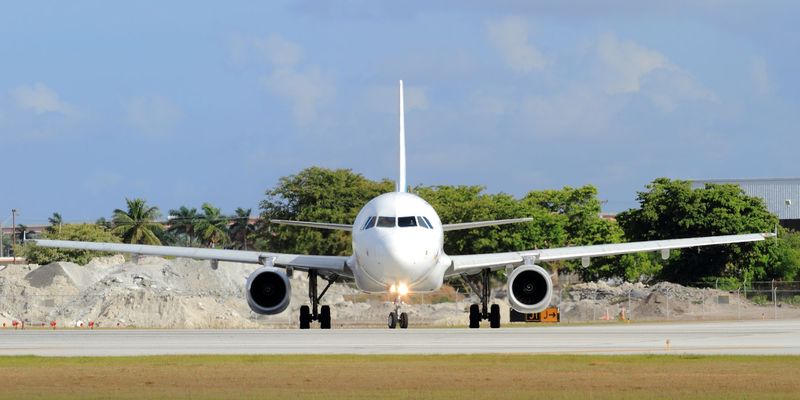The Tuesday congressional hearing on airline"™ consumer practices might feature a lot of talk on issues like overbooking and passenger compensation, but one major issue underlies major carrier"™ recent foibles: dwindling choice in the aviation marketplace.
One of the four biggest domestic airlines (American, Delta, Southwest and United) currently controls over 50 percent of seat capacity on flights out of 155 U.S. airport"”and 74 of those are 100 percent dominated by one of those airlines, according to data released Monday by the U.S. Travel Association.
This status quo hardly gives airlines an incentive to treat their customers with care and respect at every turn, points out U.S. Travel Association Executive Vice President for Public Affairs Jonathan Grella.
"For too long, the proverbial fox has been in charge of the policymaking henhouse," said Grella. "Big airlines come to Washington, plead financial frailty and demand that they be given every advantage, then go to Wall Street and report record earnings.
"We all should want U.S. airlines to be healthy and profitable, but for too long they"™ve dominated aviation policymaking at the expense of the traveling public, and the moment to reverse that trend has clearly arrived."
Nationwide, the four biggest airlines control nearly 69 percent of domestic seat capacity. Internationally, the Big Three U.S. legacy carriers (American, Delta and United) and their joint venture partners control 82 percent of seat capacity on trans-Atlantic flights…



